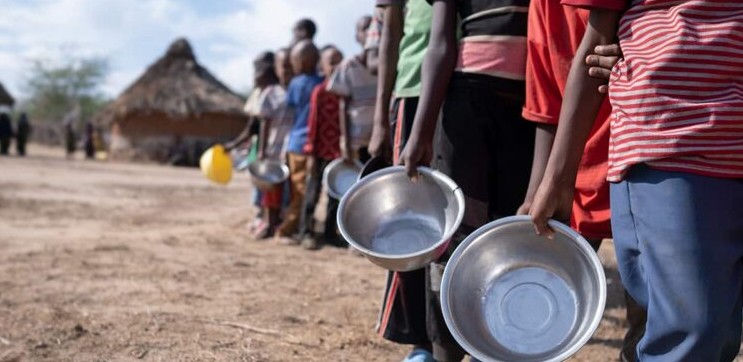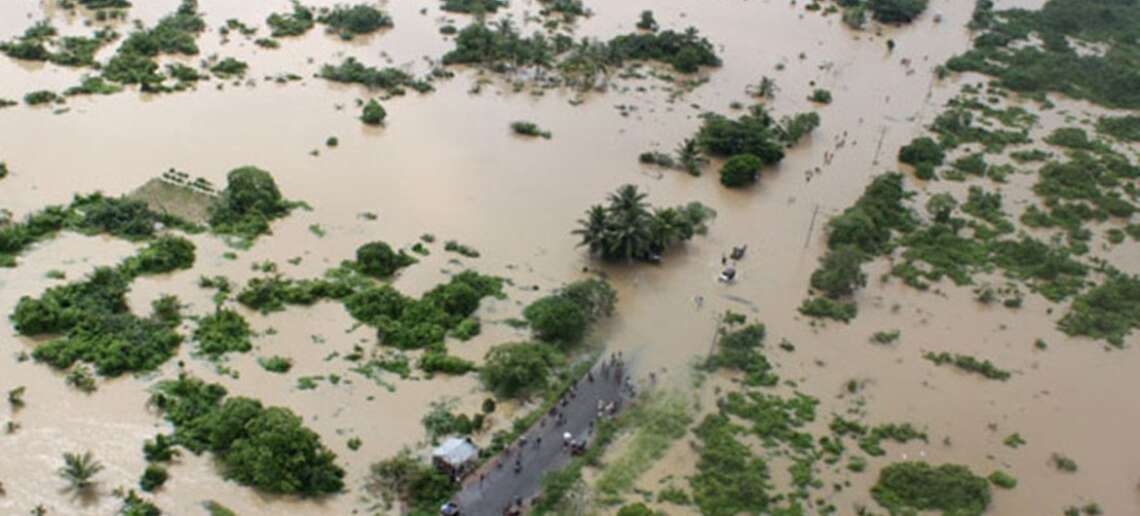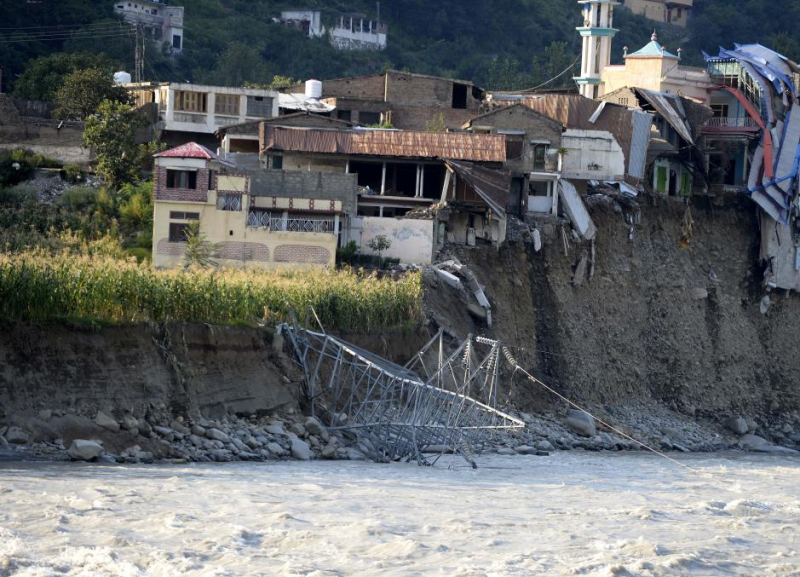The research sheds light on how plants naturally adjust to different climates and provides valuable knowledge for creating more resilient crops
As climate change accelerates, plants, especially crops, are under increasing pressure to adapt to shifting habitats and environmental conditions. This challenge is particularly critical for ensuring food security, as drought and heat-resistant plants become essential in preparing for an unpredictable future. Fortunately, plants possess an impressive ability to adapt to a variety of environments—Arabidopsis thaliana, for example, thrives in both Sweden and Italy despite stark differences in climate.
A recent study, led by Liam Dolan and Frederic Berger from the Gregor Mendel Institute (GMI) of Molecular Plant Biology, alongside Kelly Swarts from the Umea Plant Science Centre, and Masaki Shimamura from Hiroshima University, offers new insights into the genetic basis of plant climate adaptation. The research sheds light on how plants naturally adjust to different climates and provides valuable knowledge for creating more resilient crops.
By combining population genetics with global climate data, the team focused on understanding how genetic variants contribute to climate adaptation in Marchantia polymorpha, a species of liverwort. These genetic variants influence traits like heat resistance and seed size, which can offer a survival or reproductive advantage in specific environments. However, until now, the precise genetic variants responsible for climate adaptation have remained largely unknown.
The researchers analyzed genetic data from Marchantia polymorpha populations across Europe, America, and Japan, creating a global genomics database. By correlating these genetic profiles with local climate conditions, the team identified key variants linked to temperature and precipitation changes. Liam Dolan explains














